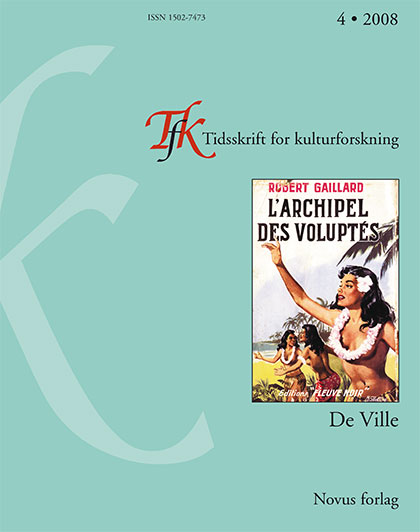Sammendrag
From Hobbes and Descartes to Habermas and Derrida, primitive man has been present in European reflection on sociality, political legitimacy, human nature and language. The paper gives an overview of shifting notions of primitivity since the discovery of "The New World" and shows how native Americans played a role in the scientific revolution and the demise of the great chain of being, helped bring about a revision of natural law and inspired early forms of constructivism. The paper follows the original dichotomies that defined primitivity to see how they multiplied through the centuries and were transformed into the dominant conceptual pairs of the industrial revolution (organic/mechanic, authentic/alienated, use value/exchange value). It is held that the tropes of primitivity persist in contemporary anthropology despite efforts to eradicate them. Efforts to subjectify and de-objectify the non-European are attributed to decolonization, which may continue to redress the conceptual asymmetries that still inform anthropological and historical discourse.
Forfattere beholder opphavsretten og gir tidsskriftet rett til første publisering av arbeidet. En Creative Commons-lisens (CC BY-SA 4.0) gir samtidig andre rett til å dele arbeidet med henvisning til arbeidets forfatter og at det først ble publisert i dette tidsskriftet.

